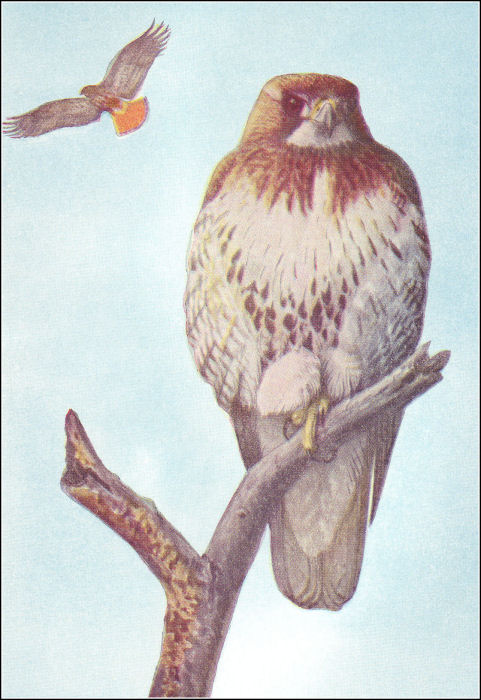
A Boy's Song
|
Where the pools are bright and deep, Where the gray trout lies asleep, Up the river and o'er the lea, That's the way for Billy and me. Where the blackbird sings the latest, Where the hawthorn blooms the sweetest, Where the nestlings chirp and flee, That's the way for Billy and me. Where the mowers mow the cleanest, Where the hay lies thick and greenest, There to trace the homeward bee, That's the way for Billy and me. Where the hazel bank is steepest, Where the shadow falls the deepest, Where the clustering nuts fall free. That's the way for Billy and me. Why the boys should drive away, Little sweet maidens from the play, Or love to banter and fight so well, That's the thing I never could tell. But this I know, I love to play, Through the meadow, among the hay; Up the water and o'er the lea, That's the way for Billy and me. |
![[Illustration]](http://www.gatewaytotheclassics.com/gold/books/winter/aesop/winter_aesop_zpage085.gif)